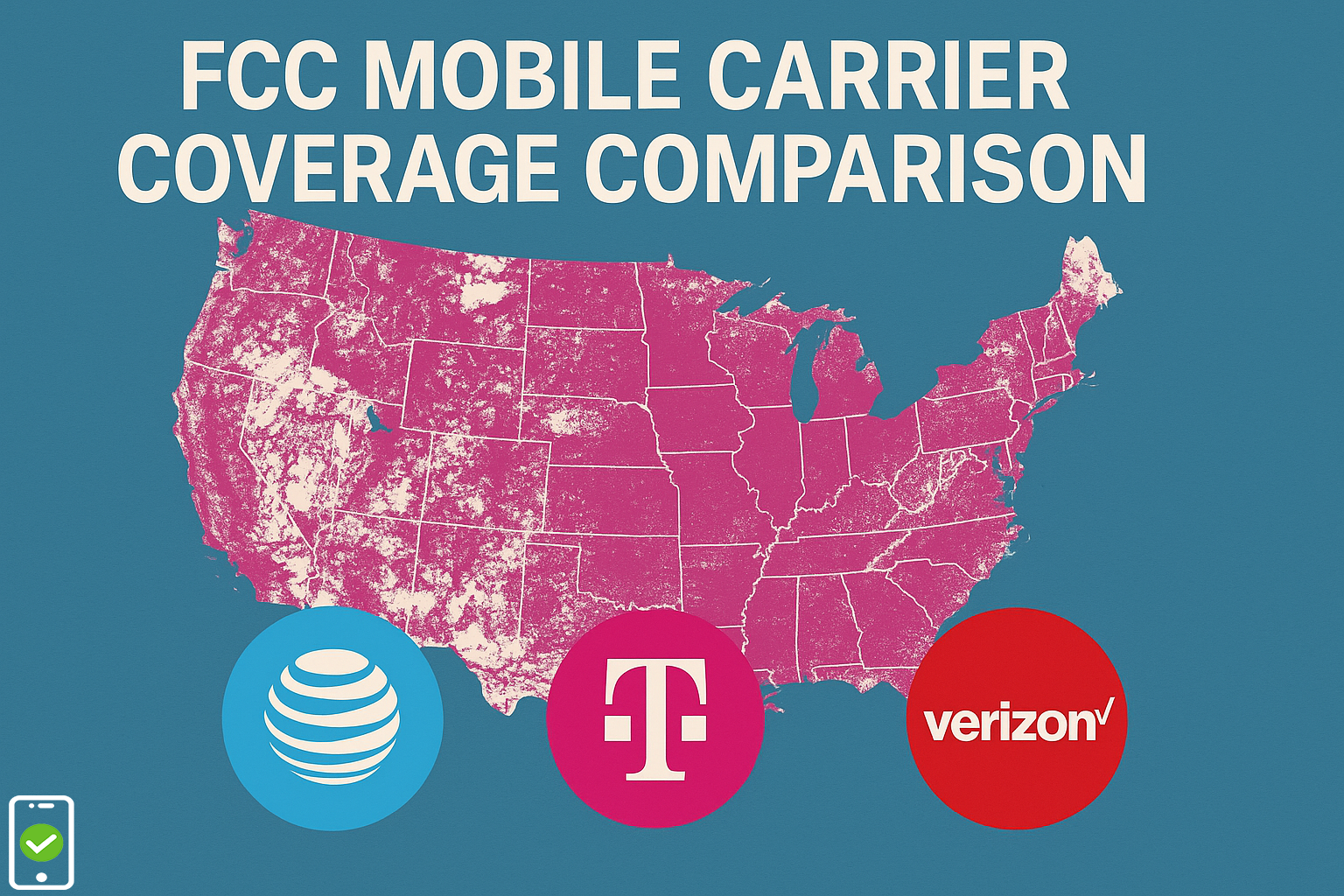A Wake-Up Call for the Telecommunications Industry
When Salt Typhoon, a China-linked cyber espionage group, infiltrated nine major U.S. telecommunications carriers, the impact was staggering. From compromising wiretapping platforms to accessing sensitive government communications, this breach underscored vulnerabilities that could no longer be ignored. The Federal Communications Commission (FCC) responded decisively, ordering telecom providers to secure their networks and prevent future cyber threats.
This unprecedented move has far-reaching implications for the telecommunications sector, influencing everything from network operations to customer engagement and compliance strategies.
The Scope of the Threat
The Salt Typhoon hack is regarded as one of the most severe breaches in U.S. telecom history. Carriers like Verizon, AT&T, and T-Mobile faced unauthorized access to their networks, leading to compromised call records and sensitive communications. These attacks were not only a breach of trust but a demonstration of how state-sponsored cyber actors could exploit network vulnerabilities for intelligence gathering and infrastructure disruption.
FCC’s Proactive Mandates
In response, the FCC invoked the Communications Assistance for Law Enforcement Act (CALEA), emphasizing that telecommunications providers are legally obligated to secure their networks against unlawful access. Key measures include:
- Mandatory Cybersecurity Risk Management Plans: Providers must submit annual certifications confirming up-to-date strategies for mitigating cyber risks.
- Real-Time Threat Monitoring: Networks must incorporate tools to detect and respond to potential cyber threats immediately.
- Enhanced Compliance Standards: Carriers are required to implement stringent security protocols for lawful intercept platforms and critical data infrastructure.
Impact on the Telecommunications Industry
Strengthening CX in a Cyber-First Era
The Salt Typhoon breach disrupted trust between telecom providers and their customers. Implementing robust cybersecurity measures restores this trust and ensures secure communication for businesses and individuals alike. Secure networks lead to fewer service disruptions, directly enhancing customer satisfaction.
Regulatory Compliance and Cost Implications
Compliance with the FCC’s mandates involves significant investments in cybersecurity infrastructure, training, and technology. However, these costs are dwarfed by the potential financial and reputational losses associated with cyberattacks.
Innovation in Cybersecurity Solutions
The need for real-time threat detection and response has accelerated the adoption of AI-driven tools. Solutions such as predictive analytics, automated threat response, and machine learning algorithms are becoming integral to modern network management.
Telecom as the First Line of Defense
Telecommunications providers are now the gatekeepers of national security. By addressing vulnerabilities in undersea cables, 5G networks, and cloud infrastructure, the industry plays a pivotal role in safeguarding critical infrastructure.
What’s Next for Telecom Cybersecurity?
As the FCC takes a firmer stance on cybersecurity, telecom providers must embrace proactive strategies, including:
- Enhanced AI Integration: Leveraging AI for predictive threat detection and network optimization.
- Collaborative Threat Intelligence: Sharing threat data across carriers to build a unified defense against cyberattacks.
- Zero Trust Architectures: Adopting models that limit access privileges, reducing the risk of internal and external breaches.
The Salt Typhoon incident is a stark reminder of the stakes involved in securing telecommunications networks. For providers, this is an opportunity to not only meet regulatory requirements but to redefine their role in the broader cybersecurity ecosystem.
Sources
image: wire.com/en/blog/salt-typhoon-hack-is-a-giant-wake-up-call
bleepingcomputer.com/news/security/fcc-orders-telecoms-to-secure-their-networks-after-salt-tyhpoon-hacks/
www.reuters.com/technology/cybersecurity/outgoing-fcc-head-says-salt-typhoon-hacking-clarion-call-address-security-issues-2025-01-17/#:~:text=”Salt%20Typhoon%20is%20a%20clarion,figure%20out%20how%20it%20happened.
www.crn.com/news/security/2025/fcc-telecom-firms-must-immediately-secure-networks-amid-china-threats



